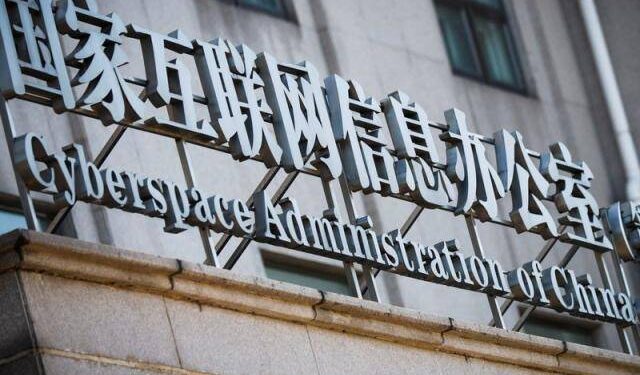By Oyintari Ben
More than 100,000 online identities that misrepresented news anchors and media outlets were closed in the previous month as part of China’s increased efforts to purge the internet of misleading information, according to the country’s cyberspace authority.
The Cyberspace Administration of China (CAC) started a special drive to purge online material, focused on social media accounts that spread “fake news” and pose as state-run media.
Since April 6, the regulator claimed to have deleted 835,000 pieces of fake news content and 107,000 accounts of fake news organisations and news anchors.
The cleanup takes place as China and other nations battle an internet false news onslaught, with many enacting legislation to punish offenders.
Chinese social media platforms, including Twitter-like Weibo, encourage topic hashtags created by state media while restricting hashtags on issues or situations deemed sensitive by Beijing, even if they go viral. As a result, news transmission on these channels is already strictly regulated.
According to the CAC, its investigation turned up accounts that had impersonated reputable news presenters and news studio settings while using artificial intelligence (AI) to generate fake anchors to mislead the audience.
The agency asserted that “(The CAC) will direct online platforms… to safeguard the legitimate rights and interests of the majority of internet users to obtain authoritative and real news” and urged users to share information on phoney news sources and anchors.
The Chinese government has frequently issued sweeping orders to purge the internet of content and language it deemed unpleasant, unsuitable, and dangerous for the general public and enterprises.
The CAC recently committed to taking down abusive internet remarks that harm firms’ and entrepreneurs’ reputations.
New generative AI technology, such as ChatGPT, has added layer of caution. A man was recently detained in China’s Gansu region for allegedly fabricating a railway catastrophe story using ChatGPT.

































